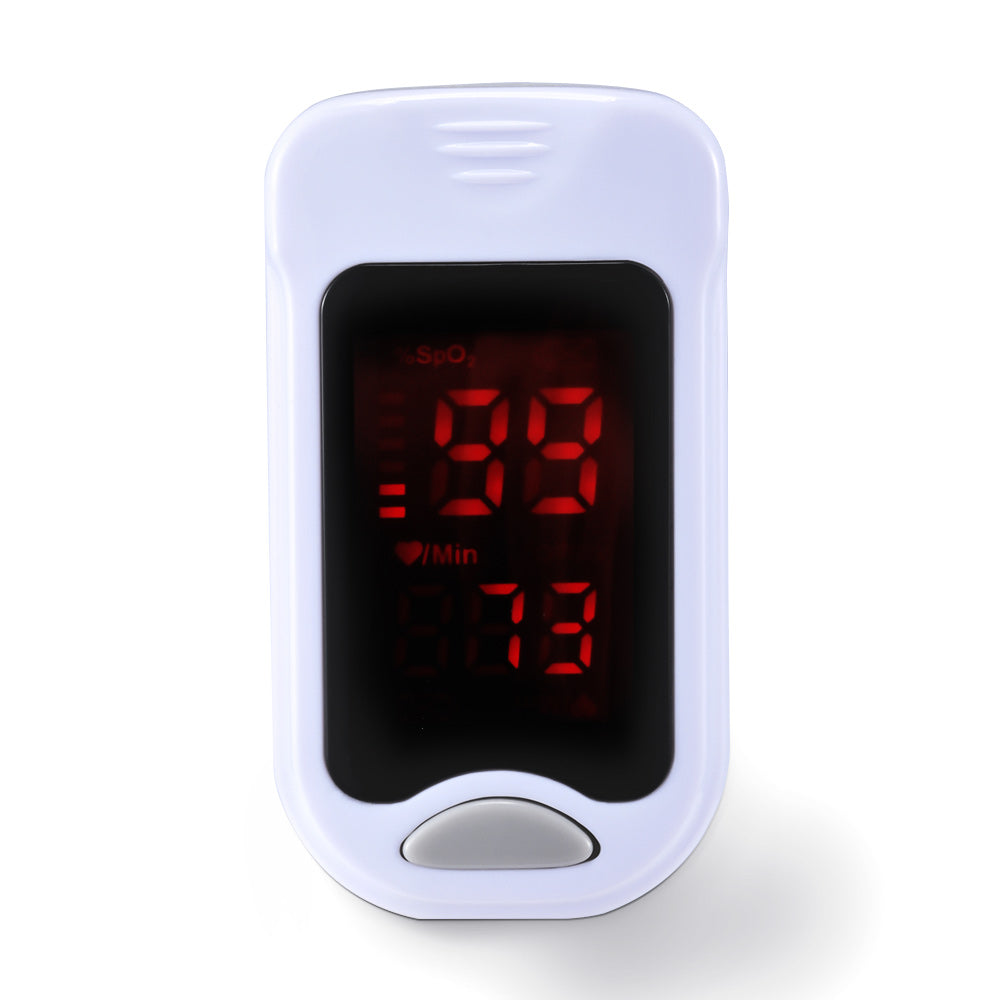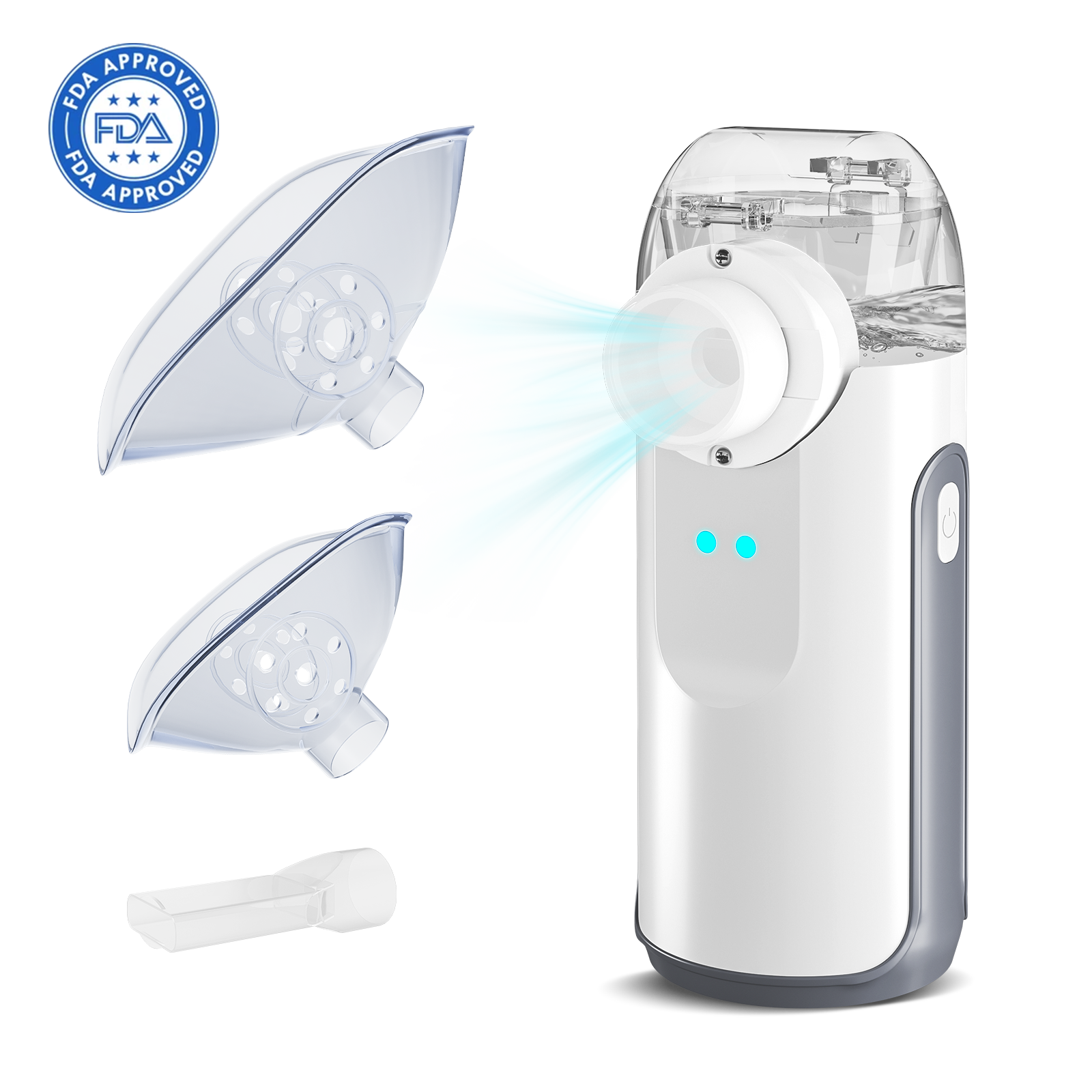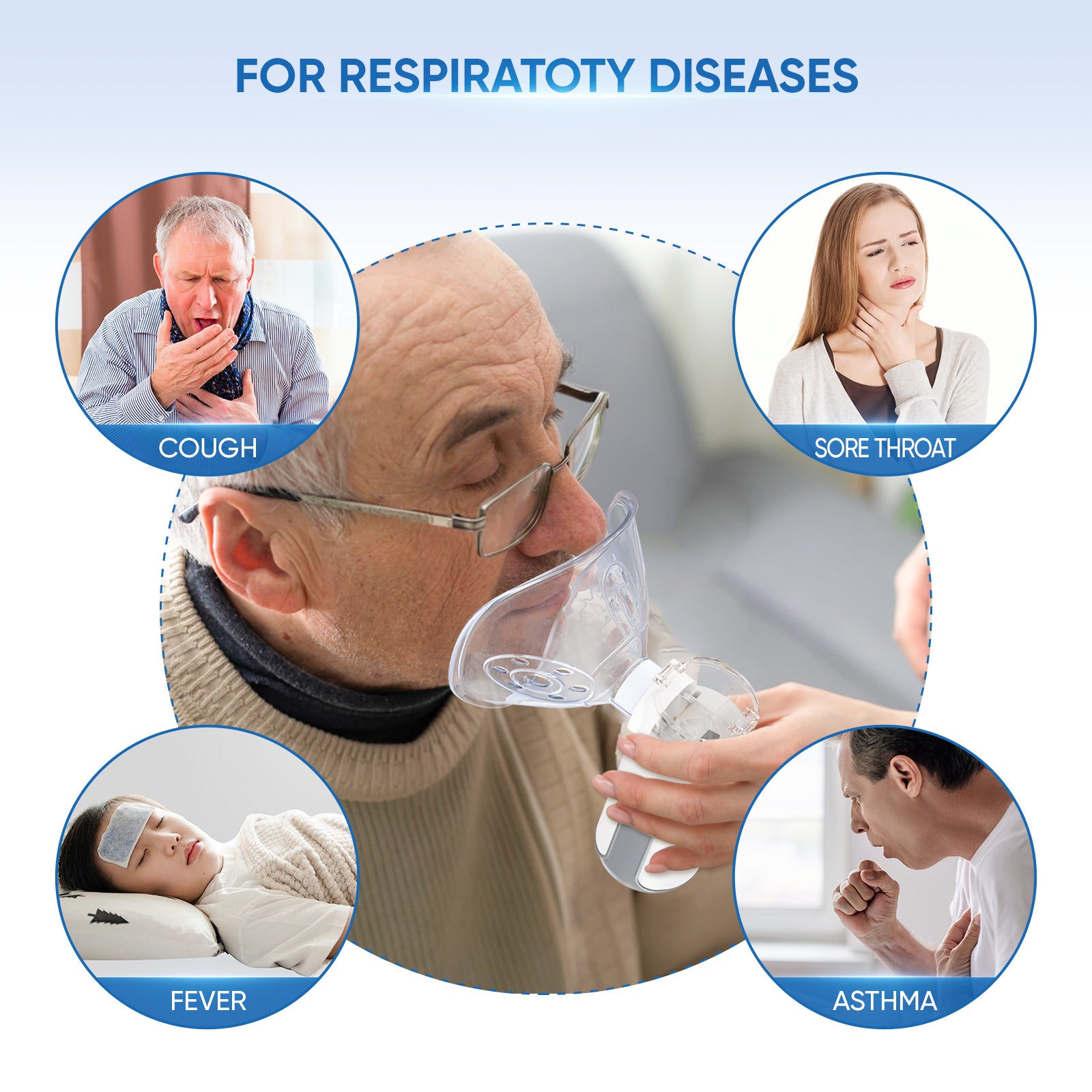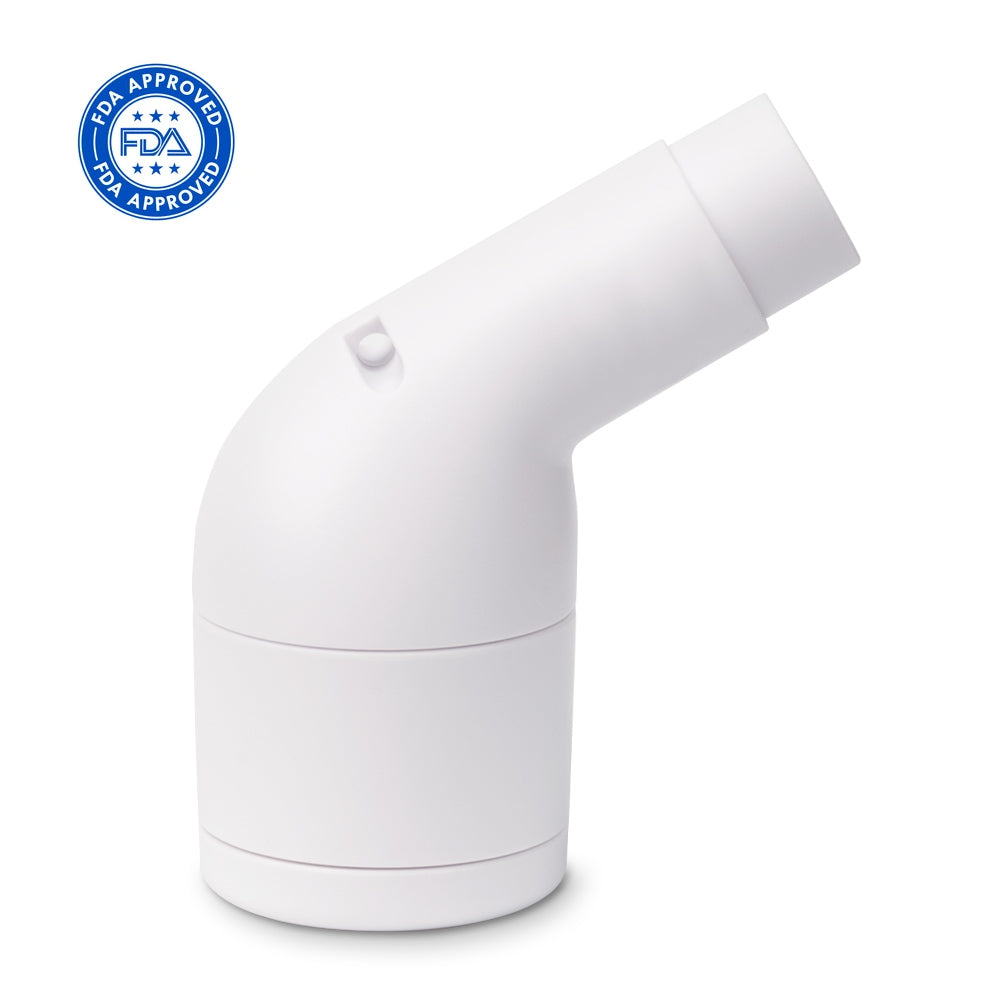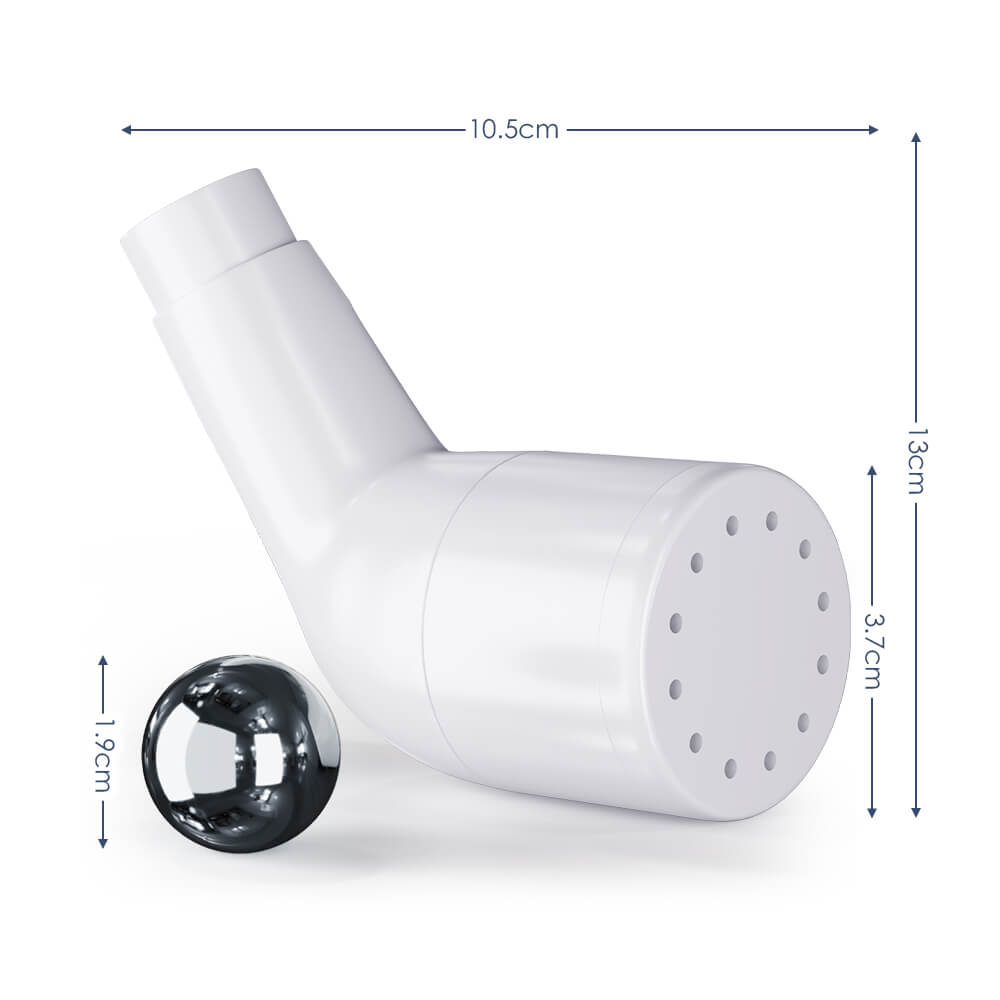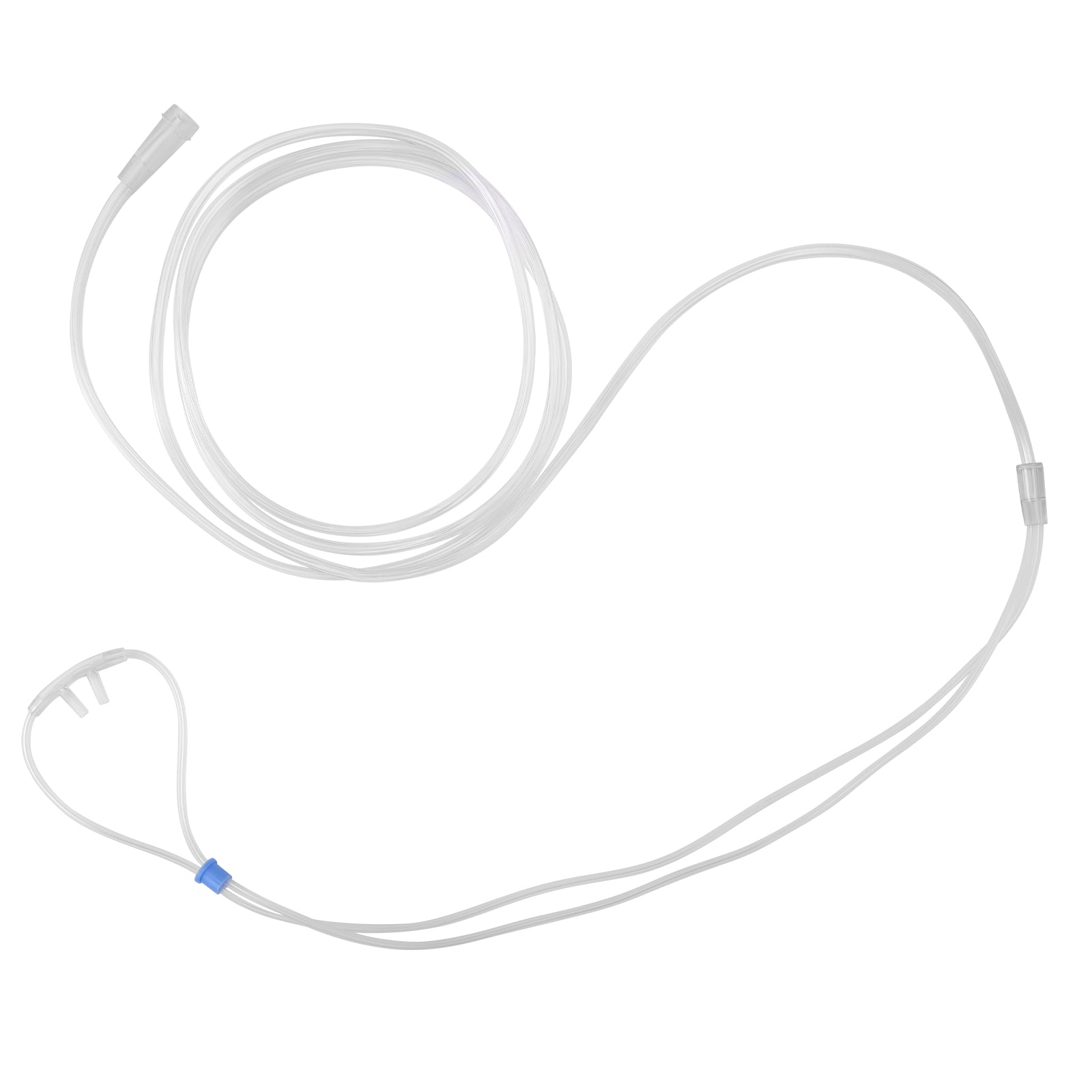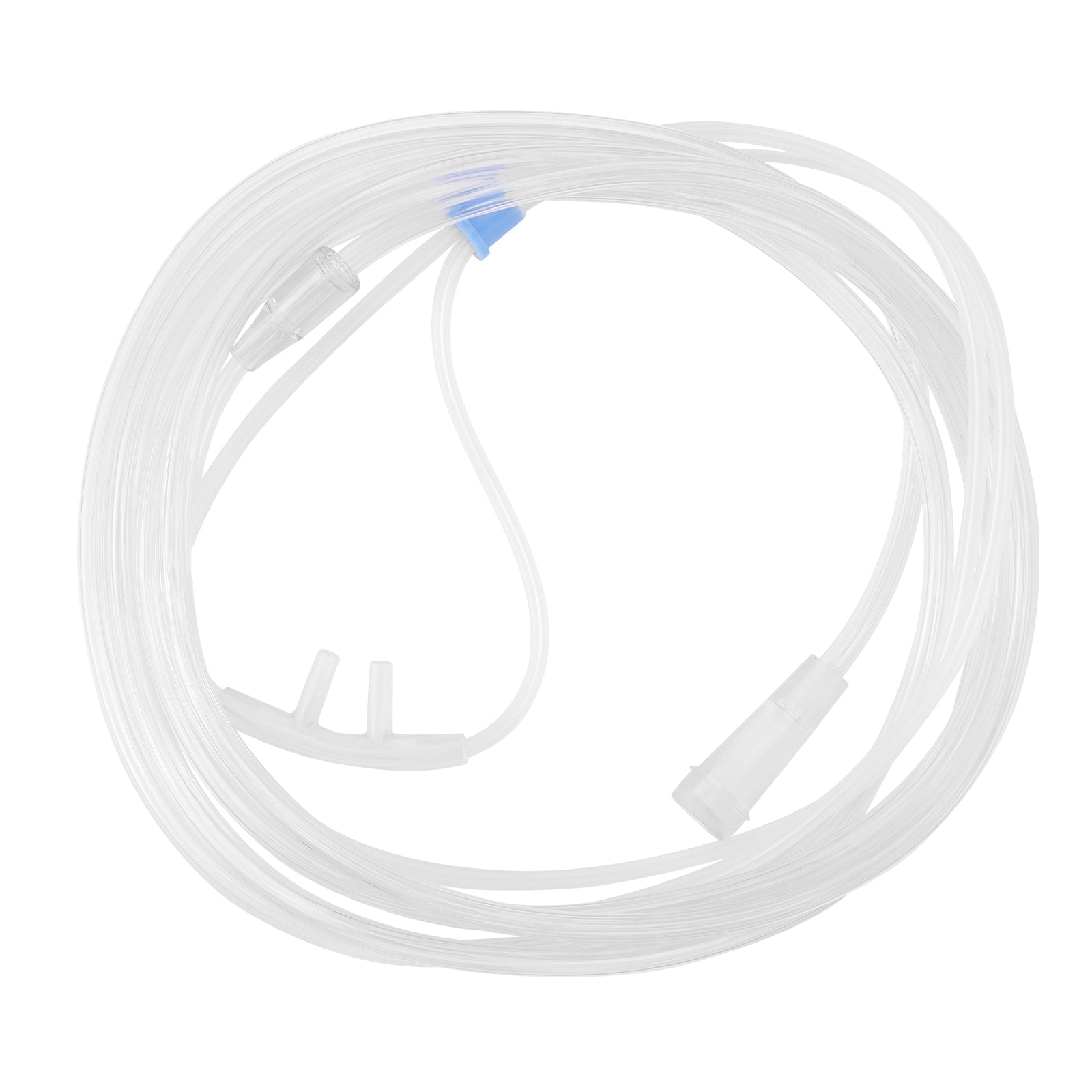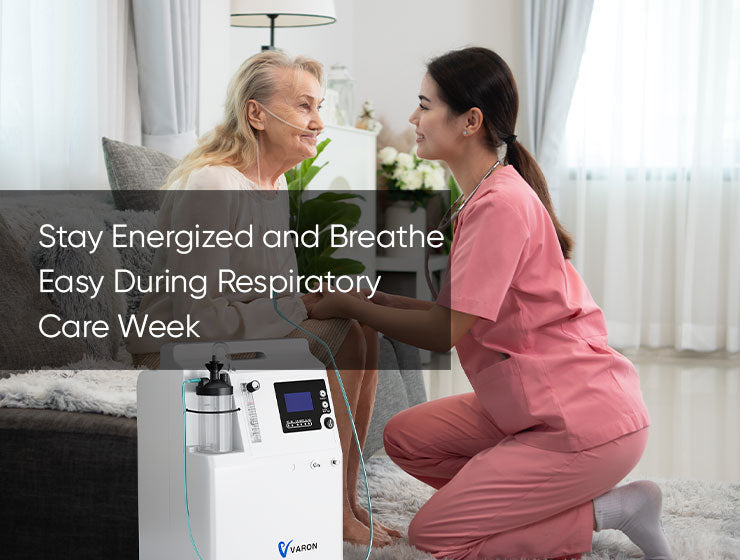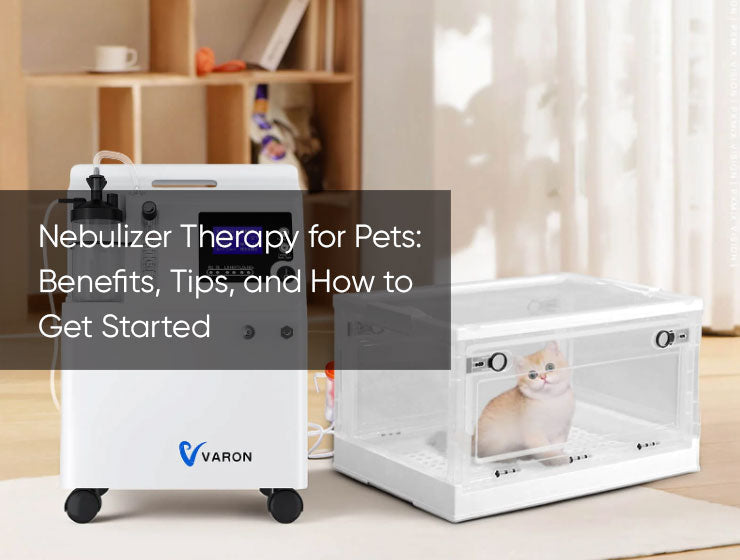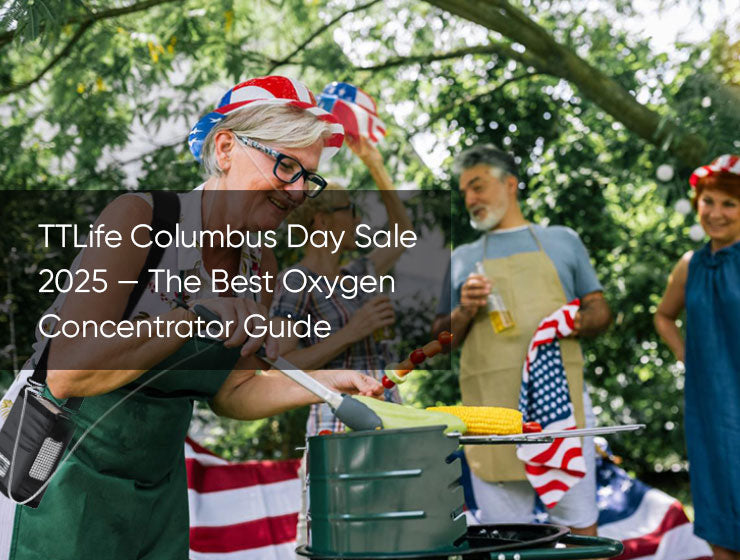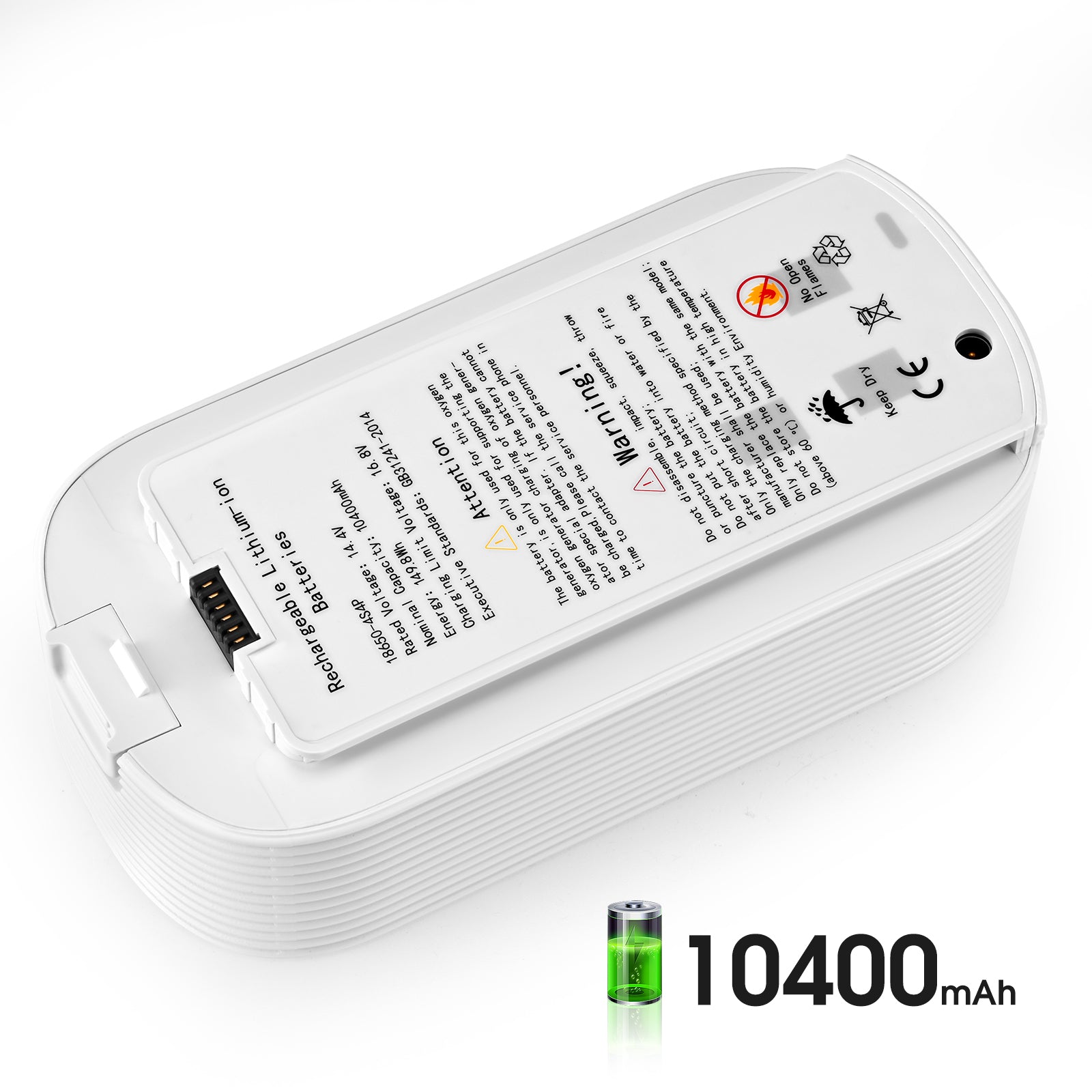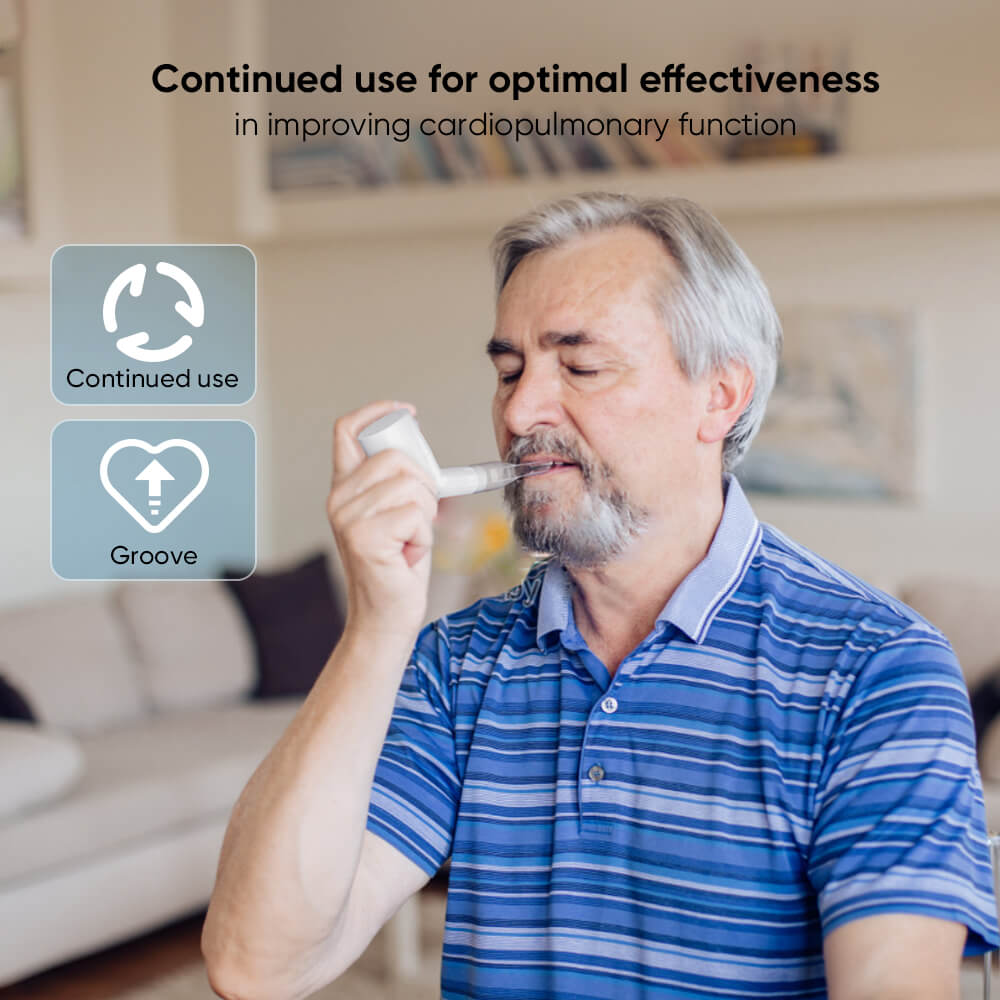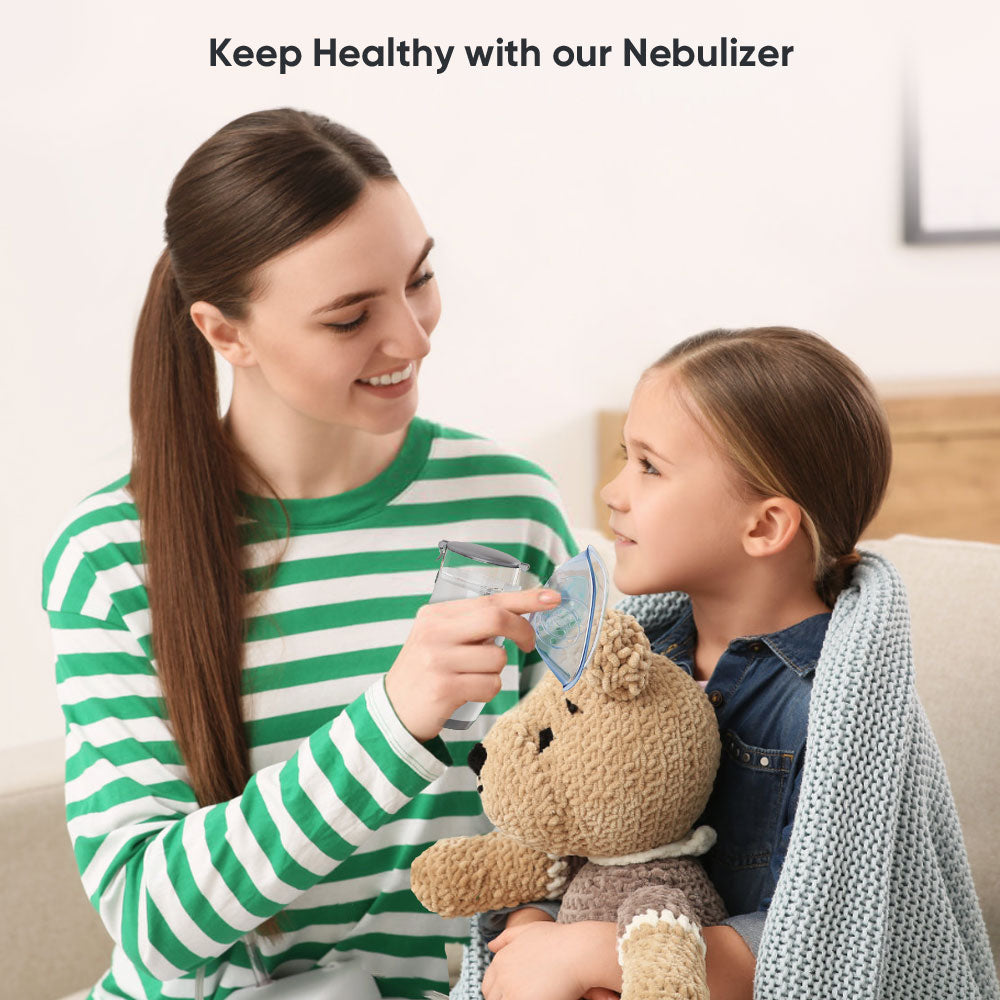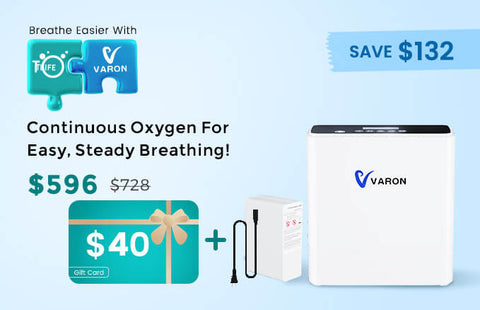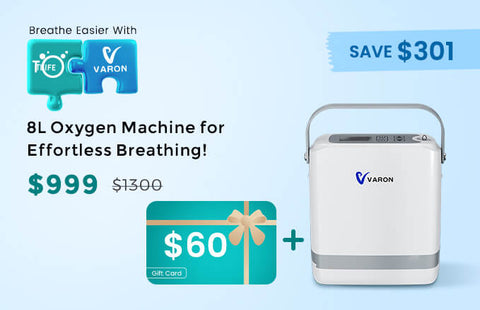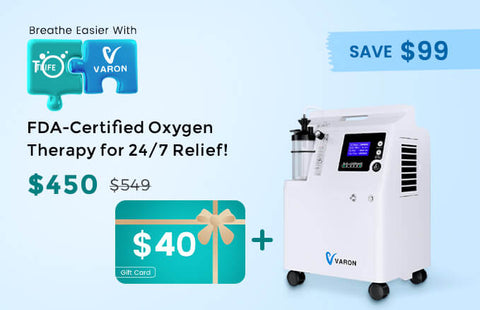Many people express concern about frequently inhaling oxygen through a home oxygen concentrator. Can oxygen inhalation become addictive? Certain elderly relatives, in particular, are concerned that they will develop an oxygen dependence as a result of inhaling oxygen, but this is not healthy for them! I will examine whether oxygen inhalation will be addictive and dependent, as well as assuage everyone's concerns.
Oxygen is not a medicine. It occurs naturally and is an essential component of human survival. When we use a oxygen machine for home use to inhale oxygen, we increase the concentration of oxygen we breathe, the oxygen content of our arteries, enhance our body's hypoxia, restore or encourage the body's metabolism to a certain degree, and create a virtuous cycle that alleviates hypoxia-related pain.
Also, home oxygen concentrators that are commonly used to inhale oxygen will not be oxygen-dependent. In medicine, the term "dependence" is used for substance dependence. Often referred to as "drug habit" or "drug addiction," it refers to the use of particular substances, most often those that act on the nervous system and cause mental or (and) physical dependence on them.
Oxygen therapy does not include the introduction of medications into the human body. Instead, supplemental oxygen directly raises the oxygen content of arterial blood, enhances the human body's hypoxic condition, restores and encourages benign circulatory metabolism, and alleviates hypoxia-related pain symptoms. As a result, doctors can prescribe oxygen to pregnant women and emergency room patients.
Oxygen inhalation increases the oxygen content of arterial blood in a way that medication does not. As a result, individuals who receive oxygen health care may not experience pain after discontinuing oxygen inhalation. However, some of the initial symptoms may recur after a prolonged period of no oxygen inhalation. As a result, oxygen inhalation is not reliant.
Thus, long-term oxygen inhalation does not result in addiction or dependence.
Additionally, the oxygen content when inhaling oxygen is emphasized. The higher the oxygen content inhaled, it is the healthier way for the body. However, this is an incorrect term. If the oxygen supply of an oxygen concentrator generator is inadequate, the body will respond instinctively, and the central nervous system will automatically take deeper and wider breaths. When people are exposed to high-flow oxygen, their breathing becomes shallower. However, the chronic loss of oxygen in emphysema patients' bodies results in carbon dioxide storage. If the breathing is too shallow, carbon dioxide cannot be exhaled and oxygen cannot be inhaled, resulting in the inability of oxygen inhalers to consume oxygen. As a result, patients with emphysema must select hypoxia that is healthy. In general, the flow rate of oxygen generator is 1-2 L/min and cannot be increased to 3-5 L/min.
Oxygen can still benefit the body even when it is administered through inhalation to elderly patients, particularly those with respiratory problems who also have cardiac disease.


